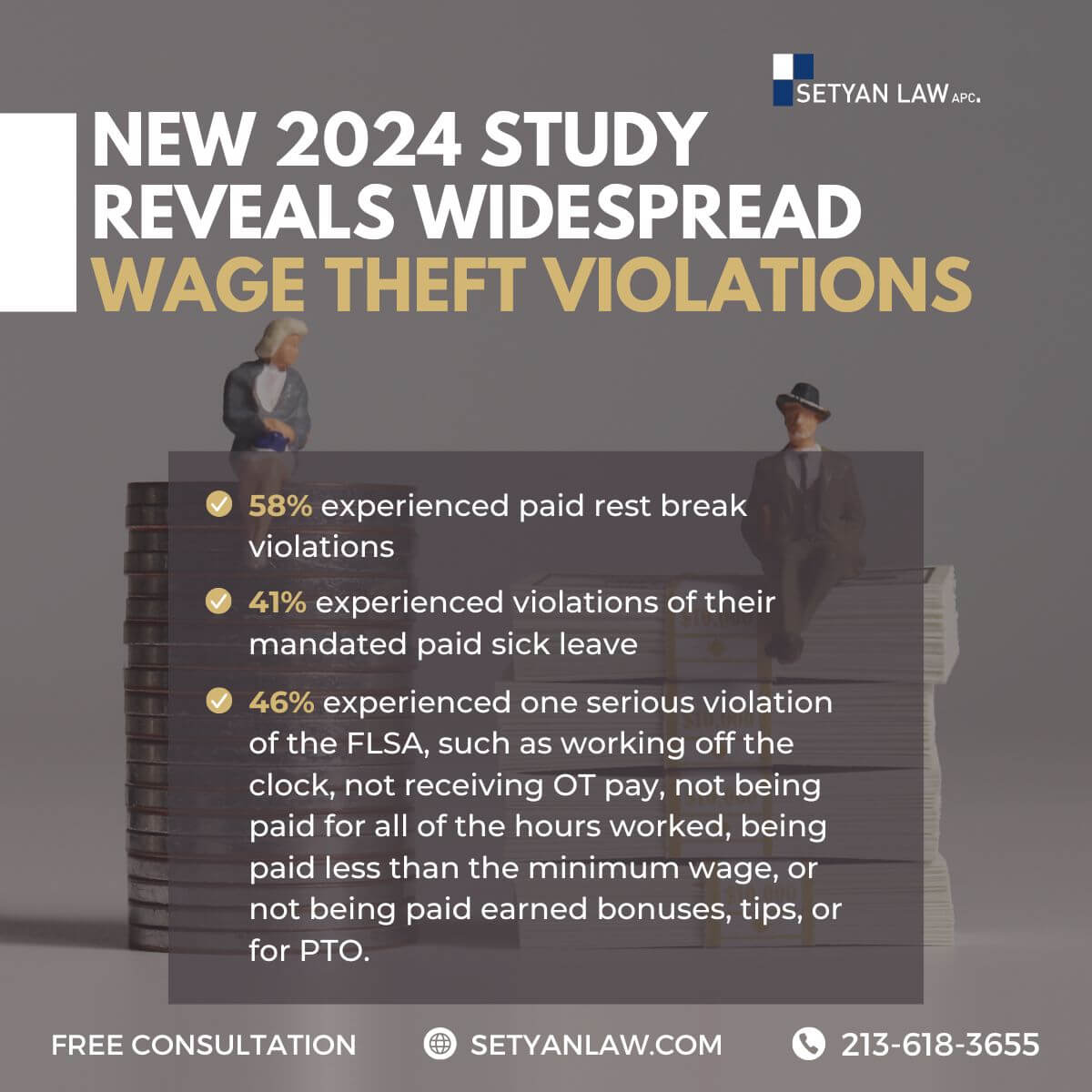Updated March 15, 2025
Can Employees Discuss Pay? A Comprehensive Look
In today’s workplace, the topic of discussing compensation is both complex and multifaceted. As organizations evolve and strive for better transparency, employees are increasingly curious about their rights and how open conversations around pay can lead to a more equitable work environment. This article aims to dissect the various aspects of pay discussions from employee perspectives, legislative frameworks, cultural shifts, and the empowering nature of knowledge surrounding compensation.
The Pay Transparency Puzzle: Unpacking Employee Perspectives
When it comes to discussing pay, employees often find themselves in a complex web of motivations and concerns. Many believe that knowing what their colleagues earn can help them gauge their own worth in the workplace. This shared knowledge can lead to a sense of fairness, allowing employees to advocate for themselves when negotiating salaries or promotions.
However, there’s also a high degree of apprehension surrounding this topic. Employees may fear repercussions from management or worry about damaging relationships with colleagues. The *social stigma* around discussing pay can sometimes overshadow the potential benefits of transparency, leading to a culture of silence instead.
Moreover, employee experiences differ significantly depending on factors such as industry, company size, and location. For instance, tech firms might foster a more open dialogue about compensation compared to traditional industries, creating contrasting workplace cultures regarding pay transparency.
Legislation and Limits: What the Law Says About Pay Discussions
The legal landscape regarding pay discussions varies significantly across different jurisdictions. In many countries, laws prohibit employers from retaliating against employees who choose to discuss their compensation with peers. This legal backing can empower employees to speak out and seek equality without fear of retribution.
However, some organizations may attempt to implement policies that discourage dialogue about pay. Understanding the local legislation is crucial, as it can define both an employee’s rights and a company’s responsibilities. Familiarizing oneself with laws such as the National Labor Relations Act (NLRA) in the United States can clarify what employees are legally entitled to discuss.
A summary of important legislations concerning pay discussions is outlined in the following table:
| Country | Law/Regulation | Key Points |
|---|---|---|
| United States | NLRA | Protects employees discussing pay. |
| United Kingdom | Equality Act 2010 | Prohibits pay discrimination; encourages pay discussion. |
| Australia | Fair Work Act | Allows employees to discuss pay without fear of retaliation. |
From Silence to Dialogue: Fostering a Culture of Open Communication
Transitioning from a culture of silence to one where employees feel comfortable discussing compensation requires a strategic approach by organizational leaders. Implementing regular training sessions on pay equity can equip employees with the knowledge they need to engage in meaningful conversations about pay.
Additionally, policies encouraging open dialogue can be integrated into the company culture. For instance, conducting anonymous surveys can help gauge employee sentiments about pay discussions, providing valuable insights for management about areas needing attention.
Leadership plays a pivotal role in promoting openness. When managers openly discuss pay structures and salary ranges, it can mitigate fears and encourage team members to engage in dialogue about their own compensation more freely, fostering an inclusive environment.
Empowerment Through Knowledge: The Benefits of Discussing Compensation
Open discussions about pay can lead to significant benefits for both employees and organizations. When compensation information is shared transparently, employees are more likely to feel valued and recognized for their contributions, leading to increased job satisfaction and loyalty.
Furthermore, discussing pay can help identify and eliminate pay gaps, strengthening workplace equity. When employees are aware of discrepancies in compensation, organizations are better positioned to make adjustments, promoting fairness while potentially reducing turnover rates.
Lastly, knowledge is power. By engaging in conversations about compensation, employees enhance their negotiating skills and become more informed advocates for their worth. These discussions ultimately contribute to a more informed, engaged, and empowered workforce, benefiting both individual employees and the organization as a whole.
Conclusion
As the landscape of workplace compensation continues to evolve, understanding the nuances of pay discussions is critical for both employees and employers. By unpacking employee perspectives, recognizing legislative rights, fostering open communication, and empowering staff with knowledge, organizations can create an inclusive environment where pay discussions are not only tolerated but encouraged. This shift is essential for promoting fairness, equity, and overall workplace satisfaction in today’s evolving job market.
Call Setyan Law at (213)-618-3655 to schedule a free consultation.





